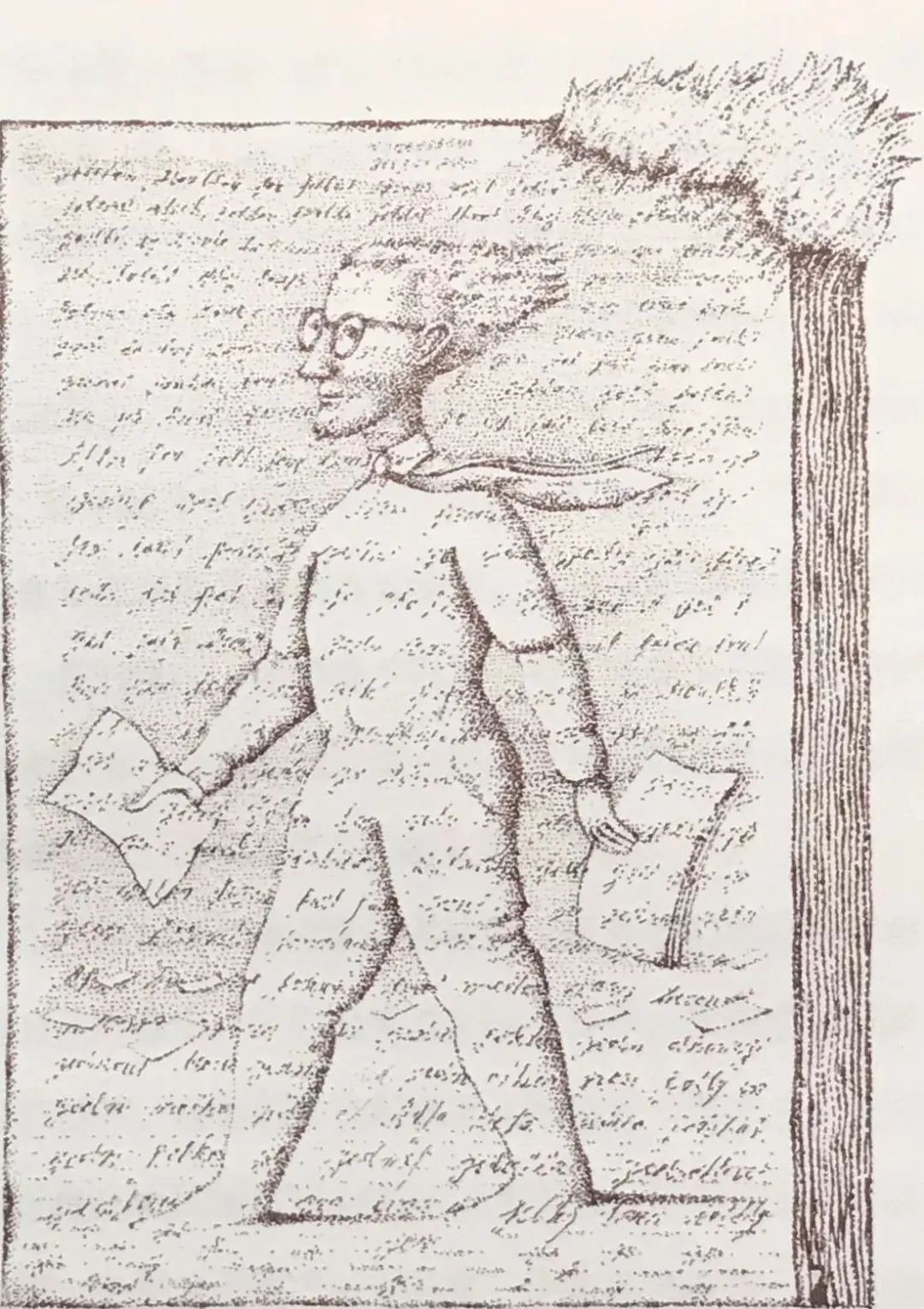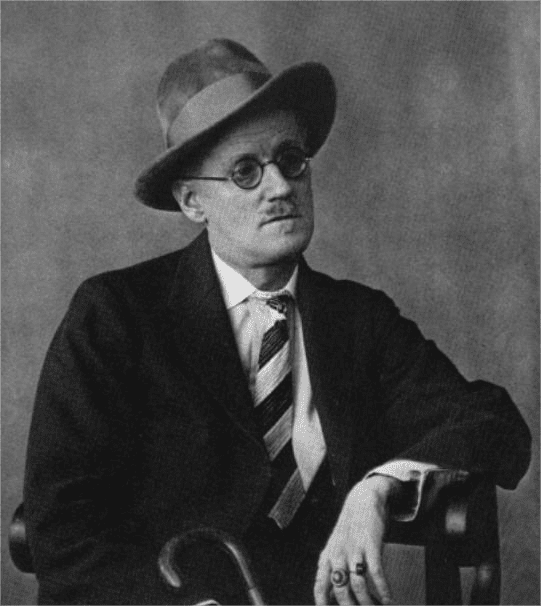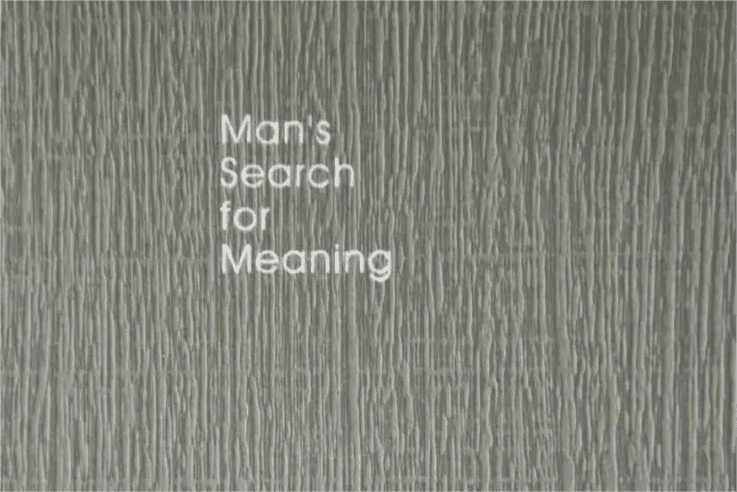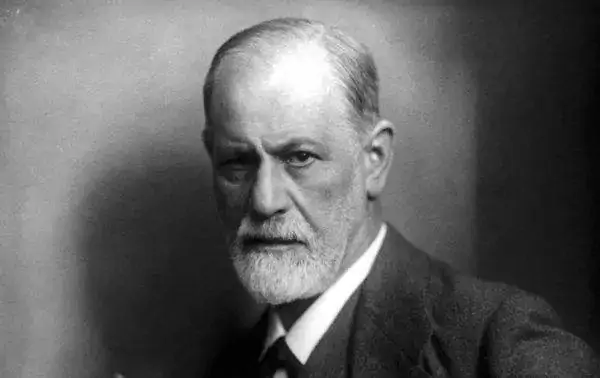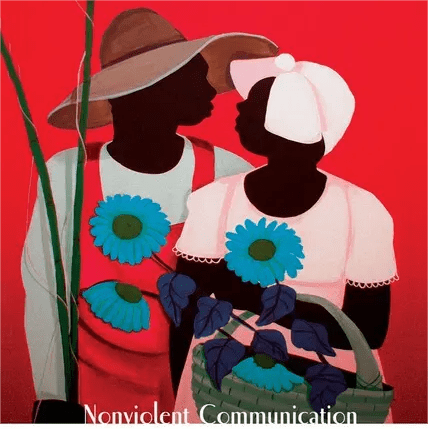On a recent trip to the airport in the wee hours of the morning, I finished reading Argentine author Carlos Maria Dominguez’s “La Casa de Papel,” which contains two stories, the book’s title story “La Casa de Papel” and “The Brief Death of Valdemar Hansen.”
Compared with La Casa de Papel, The Brief Death of Valdemar Hansen has a looser structure, more dialogue, and a slightly complex relationship between characters. It seems that listening to a white-haired old man on the roadside for a long time on a long afternoon, and scrolling through the pages to see the end quickly, is like standing on the roadside listening to the old man and giving an awkward but polite smile.
The story content of La Casa de Papel is compact and fascinating, and there are many ideas that can resonate with book lovers. People can’t help but read it in one sitting, and when they see the sympathetic sentences, they just want to shake hands with the characters in the book, share their feelings with each other, and laugh at opposing points of view together.
I often ask myself: Why on earth should I keep books that may come in handy much later and have little relevance to my profession? What on earth is the purpose of collecting so many books that are only read once and then put away? Next time (if there is a next time), God knows when! But let’s put it this way: to lose “The Call of the Wild” or “Zorba the Greek” or “Flames of War” that made me cry goodbye to my bitter youth would be to destroy one of the building blocks of my childhood. Not to mention all the other books that, as time went by, gradually moved to the top shelf, remained motionless and silent ever since, faithful to the sacred land of our hearts.
What could be truer than that? Just say my heart, when buying a book, if there is a companion, sometimes inevitable a sentence “this book is so expensive, you will read it several times ah buy it”, even if once again did not finish reading, just have the eye edge to buy down and turn over, also worth, even if turned over again really no chance to see the next time, clip in a layer of books on the shelf, also worth, if can read again, Then this is really a good book, it is worth me to buy another one, do not open, put on the shelf, collection, to collect, how can the collection of good books because of the wrinkles, the sun faded and bad appearance? Books leave traces of reading and age, but if the owner of a book is willing to keep a copy of its birth, is not more sincere? I can’t tell you how happy it is to find a brand new one on your bookshelf when you’re sad that all the books you’ve been reading and reading have finally gone to bed.
Giving up books is often twice as difficult as acquiring them. Books are bound to us by mutual needs and forgotten commitments. They bear witness to something in our lives that we can never look back on. As long as books are around, they are still a part of us.
No one is willing to lend their own books, since the diaspora, slow to return. We would rather lose a ring, or a watch, or an umbrella, than lose a book to oblivion, even if we never return to it, but even by its powerful title, its pages hold feelings long ago that even we may have forgotten.
Some of the books I checked out were covered in cookie crumbs or coffee stains, some had cracks in the spine, some had dull corners, and some had creases in the cover. While these might seem innocuous to the borrower, the book was perfectly fine, but to the lender it might have been maddening. Like when your own kid gets a bruise. My love book encountered these are good, some directly gone forever, leaving only the old mother in the wind. The way to make up for it is to buy a new book, so there will often be two old and new books on the shelf, but also interesting, to see the book, like a memory playback, most of the memories are related to the book, as if the book is a string of the past life.
If someone asks me to borrow a book, I often smile and say, “I hope you just say it and don’t ask me to borrow a book.” If someone asks me for a cheap little book in front of the shelf, I prefer to buy another nice little thing as a gift. It is true that “we would rather lose a ring, a watch, or an umbrella than lose a book.”
If you spend a considerable amount of money on books, you can spend the same amount of time on them. If you want to understand them, you can call them book lovers.
High and low uneven is reading people, neat is all kinds of books interspersed is also reading people, neat suit after suit, but the bookshelf stuffed with even no cracks, is reading people.
Unfortunately, there are now people who don’t even bother to buy a neat set of books. They just buy a neat model set of books and put it on the shelf. See a hardcover foreign documents, wow plug, enthusiastic take down a turn, ho, is a box, empty inside!
“All things in life, originally like a dream.” Live a crazy life, sometimes sober serious work life, sometimes regardless of the game, not worth this life. Too much awareness of the world and the heavenly birth, do not enjoy enough of the human taste of life.
I’m not a big fan of collecting first editions. What matters most to me is that the books are in as good condition as possible, otherwise I will feel ill all over.
I begged him time and again not to scribble on the pages of the book, so as not to spoil those precious volumes. Of course, he always did what he wanted. … Open a book at will, and not a single page will be found dog-eared; Carefully examine the comfortable transparent between words, lines, wide clean margins; Or on my birthday open a volume of uncut book, can make me full of joy.
I still can’t accept writing in a library. As Delga says, I’m happy to be neat and spotless. And Brauer’s line “… If there is no trace of it, there is no climax “, which horrified Delga and shocked me. Combined with this, Delga repeats Brauer’s words, but I don’t even want to type the first half. How can a person who says such things be called a book of sex? !
We readers love to read books, even don’t read books, collection. But before we know it, books become silent witnesses. Books not only witness the time that is gone forever, but also witness our daily life.
There is no mistake, a cabinet of books, is a cabinet of condensed time, if you have the habit of keeping a diary, every day to record a dozen lines of running accounts, day after day, or every other day, you will find that three or five years of time, in the page is only 1 centimeter thick. Paper and words are the most gentle and warm time keepers.
Human desire, first as a liberator, and then in the needs of industry, commerce and finance, is reversed, in fact, there are incentives and traps.
Brauer’s desire for books is undisciplined, and he may have mistaken desire for love. The recommendation on the book envelope is “Fate hurts us with the things we love. Is it lucky or unlucky to have a book town?”
I’m afraid Brauer’s books didn’t hurt him, and it wasn’t his books that he really loved. If he had loved them, he wouldn’t have spoken appalling words, and if he had loved them, he wouldn’t have built his house with them. The fire destroyed Brauer’s tool for retrieving books, but freed the tens of thousands of books trapped in his hands and painted by him. True love will never be hurt, unrestrained desire becomes a trap, and finally fight back to break infinite huge desire.
The painted book always bears the mark of this man, and the subsequent owner is more like a temporary holder, trapped in Brower’s books that eventually become a paper house, trapping Brower. We either trap each other or destroy each other.
Fate may hurt us with the things we think we love.


